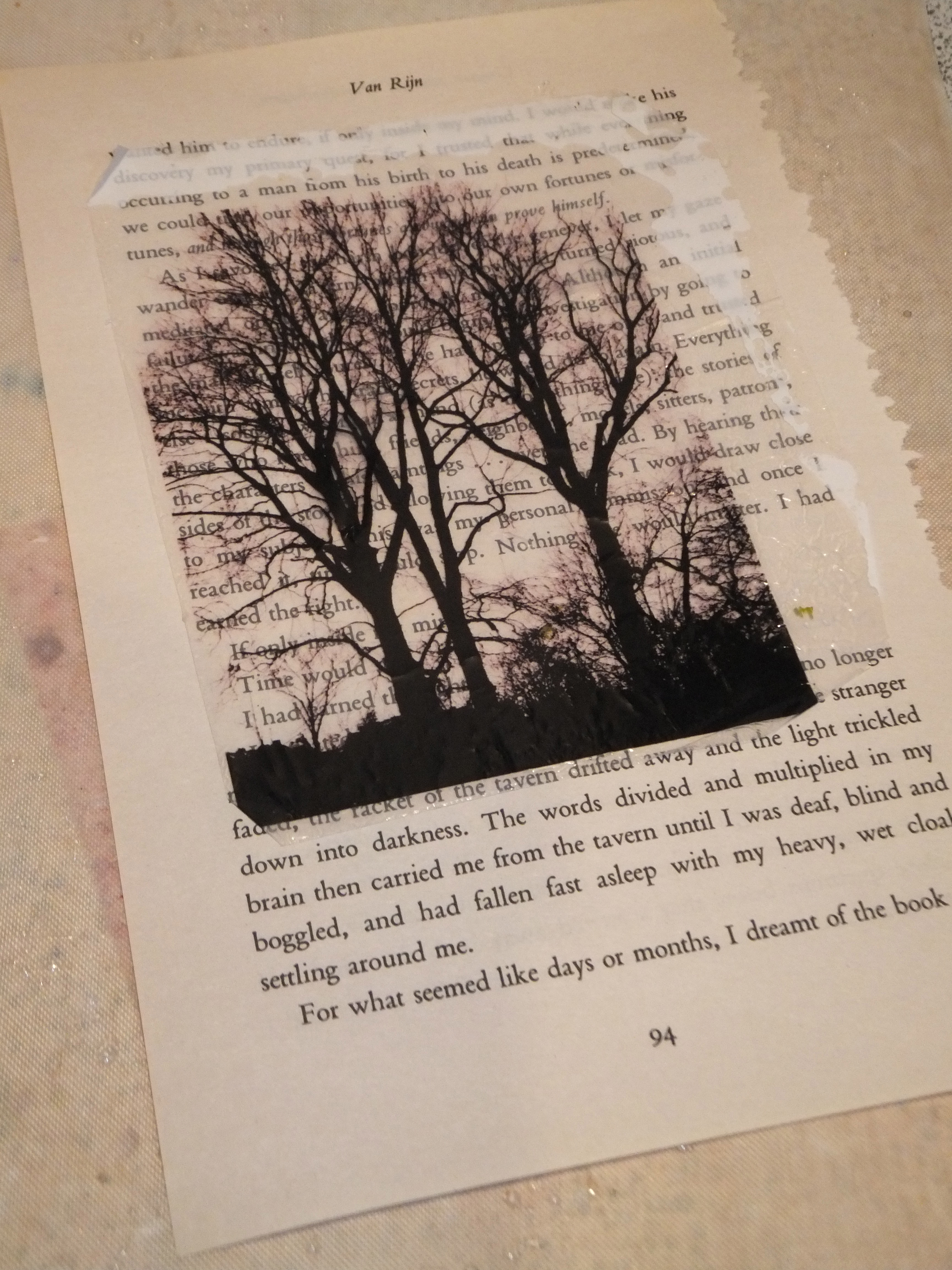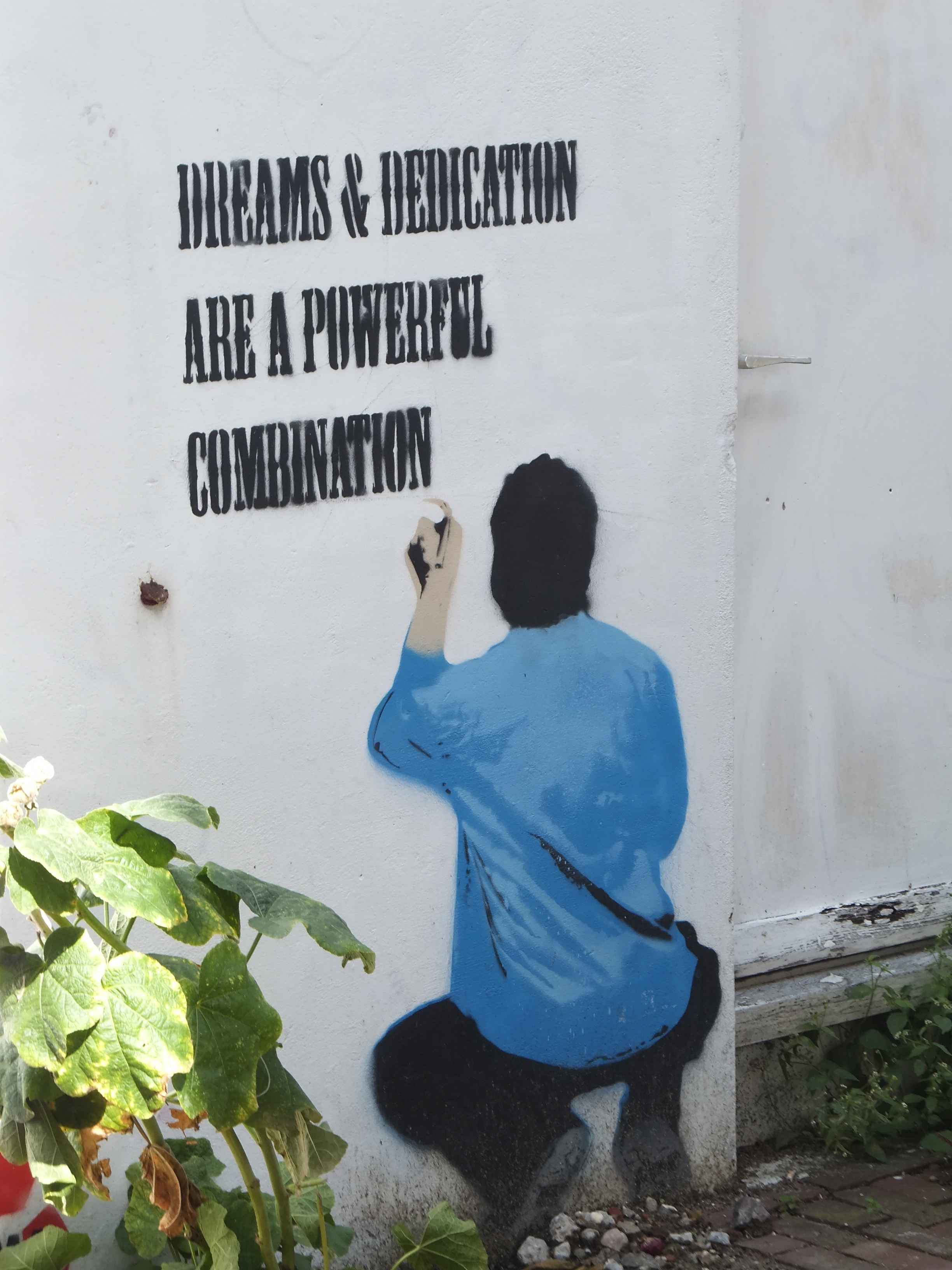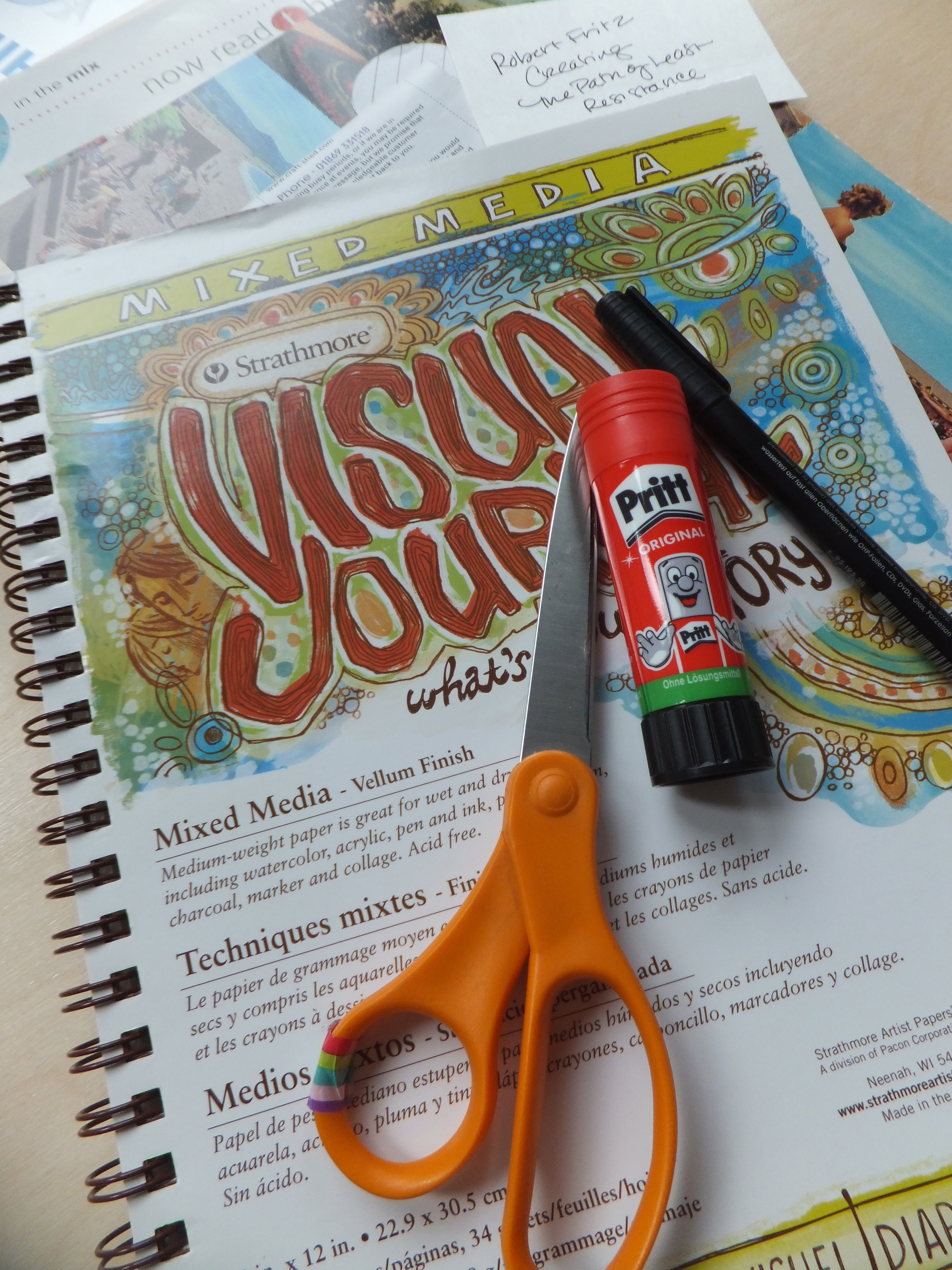You know what’s on my mind this week? Rejection.
It’s a really harsh word, isn’t it? It instantly brings up a kind of sick-pit-of-the-stomach feeling for most of us.
Rejection is on my mind because it’s come up several times recently—a theme, if you will, and to me that usually means the universe is trying to say something.
#1: Julie’s Blog
First, I came across this post on Julie Fei-Fan Balzer’s blog. It came to me serendipitously, a link from a link from a Facebook post or something like that. Anyway, click click click and I ended up there.
Julie says, “I fail more often than I succeed”, which for me was a huge revelation—that someone whose work I admire, and who seems so successful, actually fails…often. It’s a courageous statement, especially in this world where posting a comment online is equal to broadcasting it to the world. The best part of her post for me was at the end, when she says, “The sting of rejection is nothing compared to the sting of wishing I would have.”
So true. And so hard. But so true.
#2: A Magazine Article
Then the other day, I was reading an old copy of Whole Living magazine. I’d kept it around because I was going to try a recipe, and then came across an article on weight loss. One line stood out at me: “Don’t lose sight of the fact that if you’re failing, it means you’re trying.”
If you’re failing, it means you’re trying.
Trying is such a powerful act of courage—but it’s so easy to lose sight of that, since we’re trained to be results-oriented. What if we considered the act of trying to be a success in itself?
#3: An Email from Jamie Ridler Studios
Then I got this email newsletter from Jamie Ridler Studios on ways to heal and nurture yourself after facing rejection. The title of the email was “Rejection, Failure and Our Tender Hearts”. Boy, did that stand out in my email in-box.
What caught my attention was the phrase “tender hearts”. It can be so easy to forget how very fragile our hopes and dreams really are. And how facing rejection can put us in such a vulnerable position, one where we feel embarrassed, ashamed, stung. We feel we need to be strong about the rejection, not to take it to heart or let it get to us. But we do. Of course we do.
But think of it this way: If you’re bothered by it, it means that you care—and that’s nothing to be embarrassed or ashamed about.
What I’m Thinking: Rejection=Failure?
For most of us, “rejection” equals “failure”. But what if we look at it in another way? What if rejection really meant “detour”?
An example:
Last year I submitted a book proposal to a publishing company. Let me be honest: I worked my tail off to make this amazing proposal. I had photos, I had projects, I had the chapters laid out, for goodness’ sake. I was nervous, but felt that I’d done my best and that something would come of it.
And something did come of it. The editor emailed me and kindly turned me down. Now, she did a very professional job of it, but at the end of the day it was…well…rejected.
Fortunately, she also told me why the topic wouldn’t work: There wasn’t enough content to fill a 128-page book. And once she said this, I realized how very true that was—and the realization that as I was creating the proposal, a tiny little hidden part of me suspected it wasn’t enough material for a whole book.
Being rejected was still a disappointment, but then the bigger question became: What to do with my rejected proposal, knowing it wasn’t enough material as a book? In what format would it be enough? In the end—a few months later—that rejected book proposal became an article in a magazine, and a full-day workshop.
Re-routing. Detour.
So was that my happy ending? Yes, of sorts. And I have a new book in the works. It’s been rejected twice by book publishers. Yes, it’s disappointing. And yeah, I hate the messages that tell me they appreciate my submission but can’t use it right now. (Or ever.)
Rejection pretty much really sucks. Really, really, really sucks.
But I still have hope. This book might become a book. It might be another workshop, or another article, or something different. I don’t know. What I do know is that I’d rather have a book that’s being rejected on a regular basis than to be someone who says she’d like to write a book someday.
And the best gift is this: With creative, successful people like Julie and Jamie talking about rejection, it’s prompted me to really examine my own truth. To think about my reaction to my own experiences in being rejected, and to identify my own definition of “rejection”. If it’s not failure, if I consider it a detour or a chance to take my work and effort and cares and repackage them in a different format, where can that take me? Where does the path lead me then?
Where can the detour lead you?




